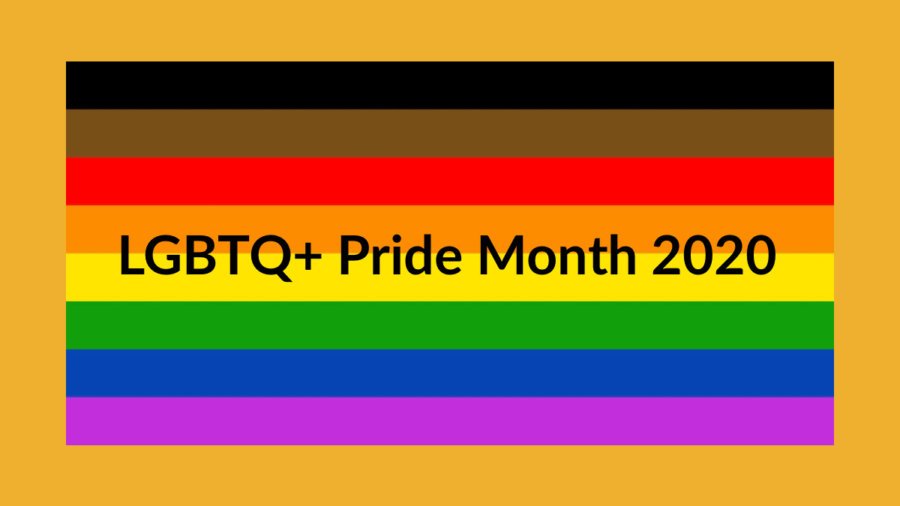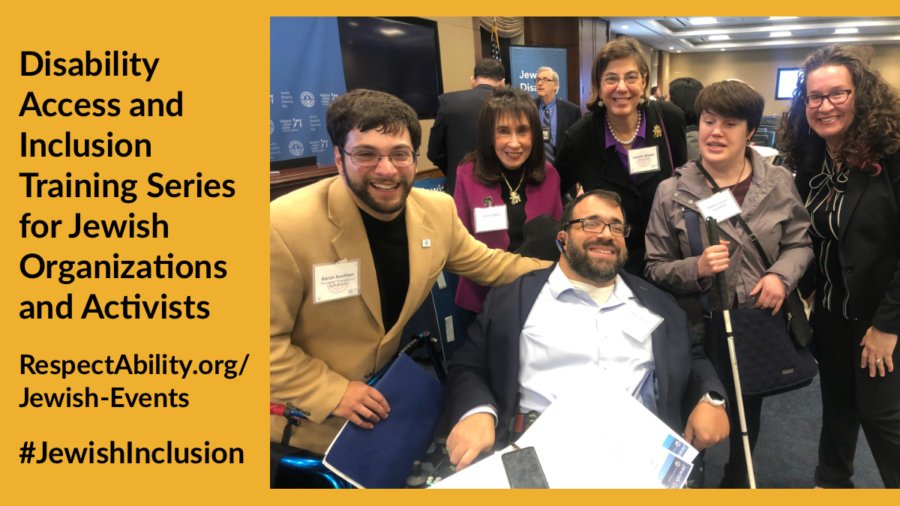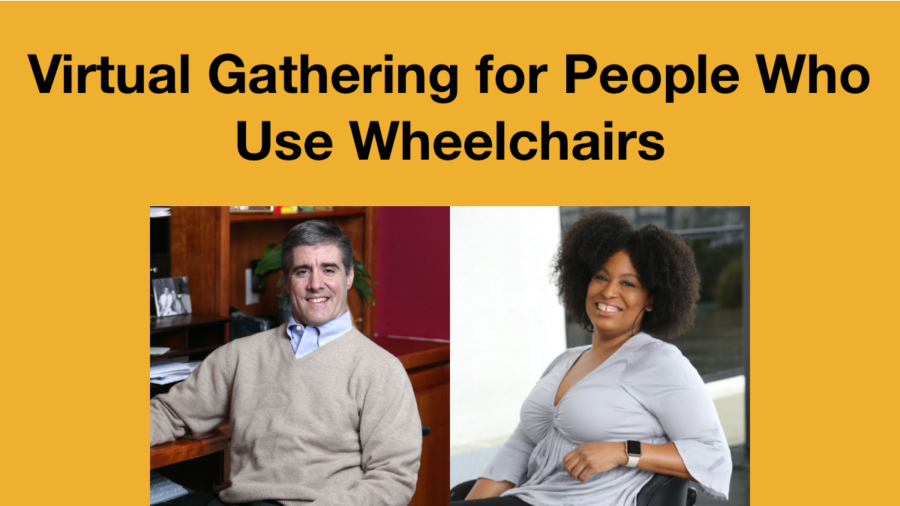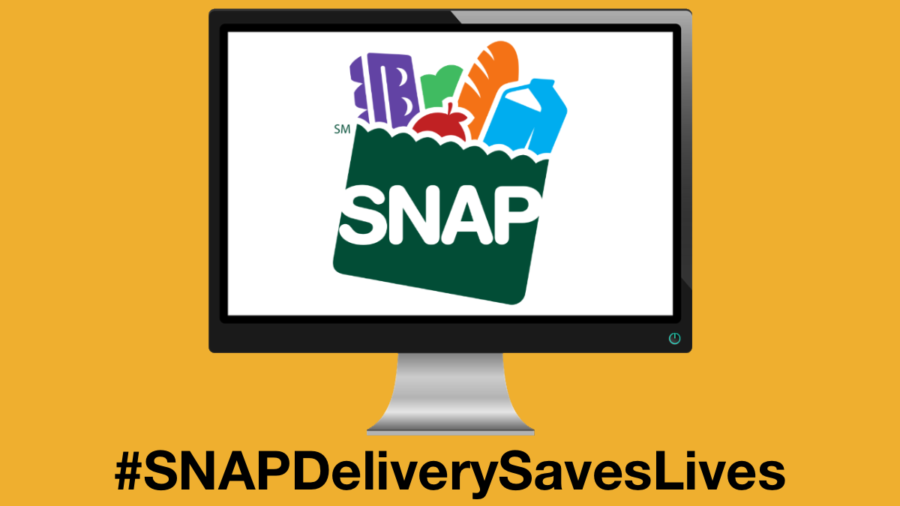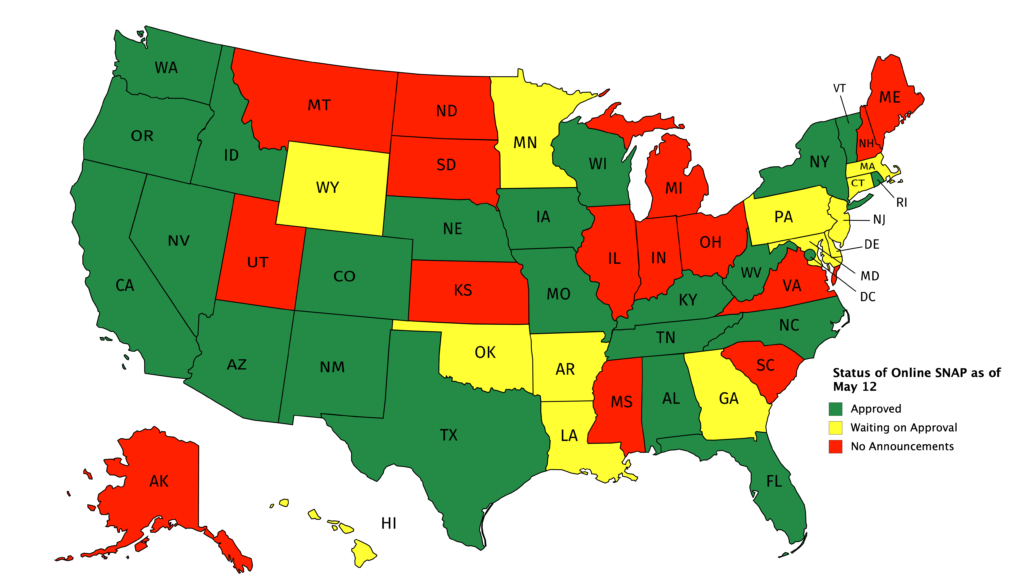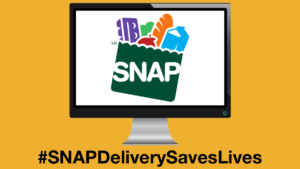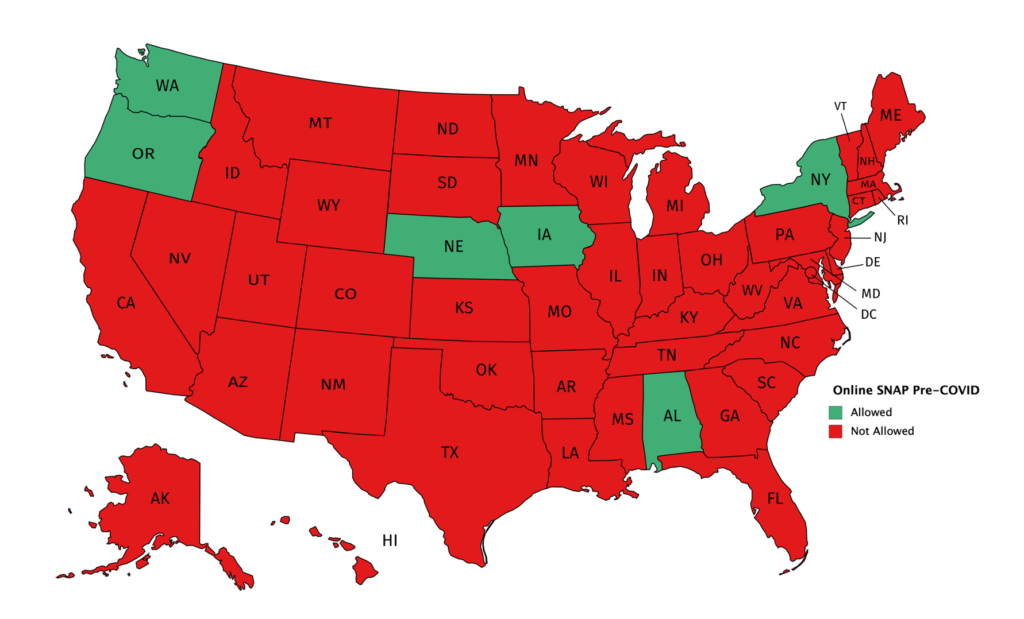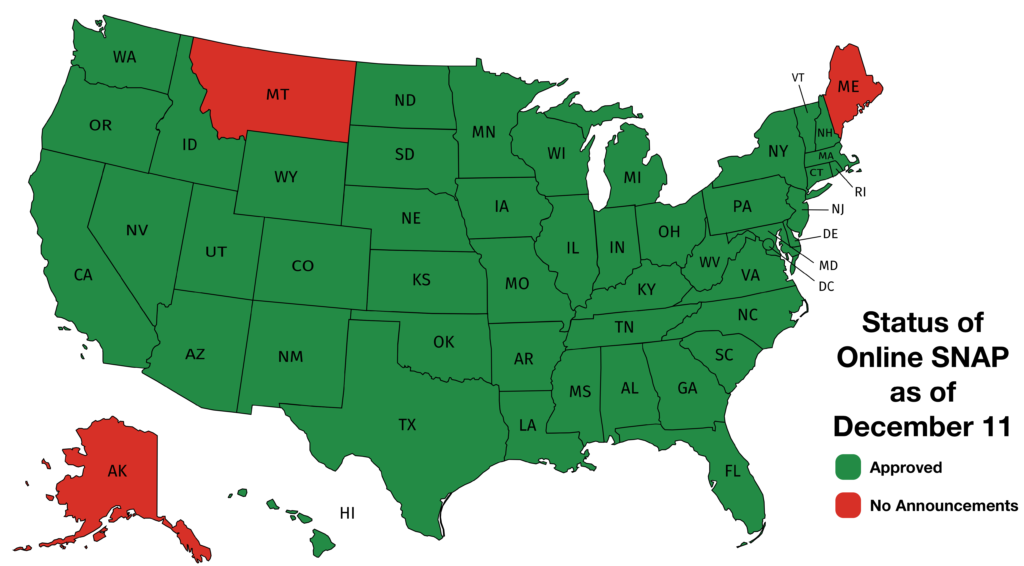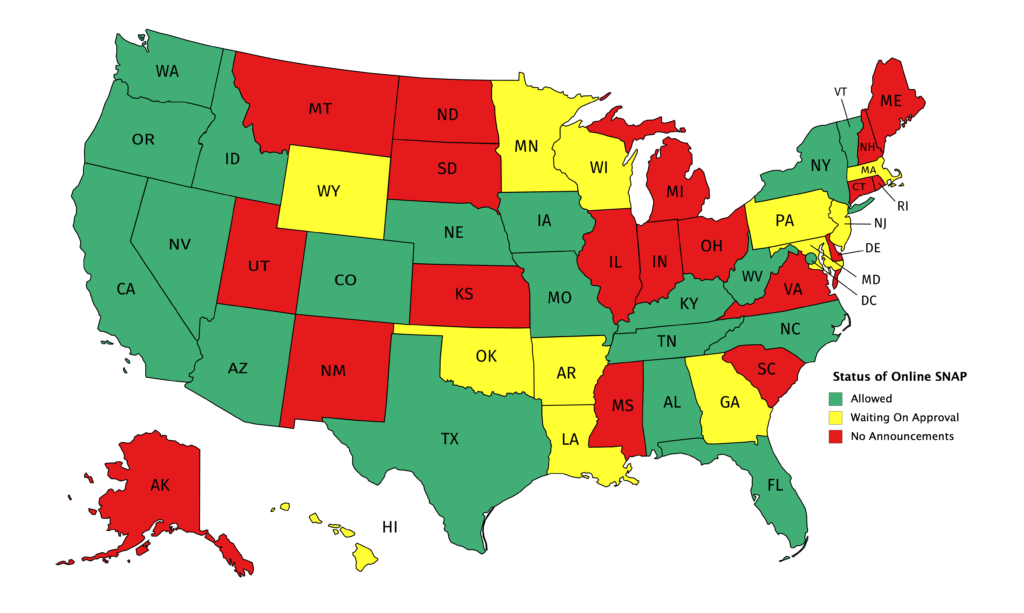RespectAbility Entertainment Professionals Lab, Summer 2020

Ali McLean
Ali MacLean is an award-winning writer, actor, and mental health advocate in Los Angeles. She is a graduate of the Miami University Actor’s Program and the LaJolla Playhouse Acting Conservatory, and has worked on comedies such as THE JIMMY KIMMEL SHOW, CAN’T HARDLY WAIT, HBO’s MR. SHOW, and Showtime’s THE GREEN ROOM.
Her short films have won and screened at Atlanta, Palm Springs, Method Fest, Slamdance, Gen Art, Toronto Int’l Film Festival, and more. Her screenplays have been a Stowe Story Labs fellowship recipient, a Writer For Writer Fellowship recipient, Top Ten Comedy at Table Read My Screenplay, an Honorable Mention and Fellowship recipient from Sidewalk Films, a finalist at WeScreenplay Diverse Voices the Orchard Project, IFP Filmmakers Program, and a semi-finalist at Chesterfield, Screencraft, Scriptapalooza, and the LA Int’t Film Festival. She is an alumni of the Women In Film Mentor Program, the RespectAbility Lab, and is a Coverfly Endorsed Writer, whose scripts have placed in the Top 3% overall on their Red List.
MacLean has written for various networks, including MTV, VH-1, FOX and POP TV. After almost 20 years of writing comedy, MacLean decided to return to her first love, the theater. She is a multi-award winning playwright whose work has been seen in LA, New York, Boston, and London, and is published by Applause Books and Smith & Kraus. Most of her work examines adversity, depression, violence, and trauma using humor as a Trojan horse. As a mental health and anti-violence advocate, she is committed to representing those voices. Recently she created The Cathartic Company. TCC’s creative model is to partner with nonprofits, pair performances and screenings with talk backs, and provide resources for the community.
She is currently a member of the Sundance Collective, Imagine Impact, Ensemble Studio Theatre, Antaeus Theatre Playwrights Lab, The Cloud Factory, The Resident Artist at the Citadel of Playwrights, The Greenlight Women International Writer’s Group, and the Dramatists Guild. [continue reading…]
 Washington, D.C., July 22 – As more than 6.3 million students in America with disabilities are coping with COVID-19, the national disability nonprofit RespectAbility is hosting experts and self-advocates to mark the 30th Anniversary of the Americans with Disabilities Act and to promote greater success for students with disabilities.
Washington, D.C., July 22 – As more than 6.3 million students in America with disabilities are coping with COVID-19, the national disability nonprofit RespectAbility is hosting experts and self-advocates to mark the 30th Anniversary of the Americans with Disabilities Act and to promote greater success for students with disabilities.



